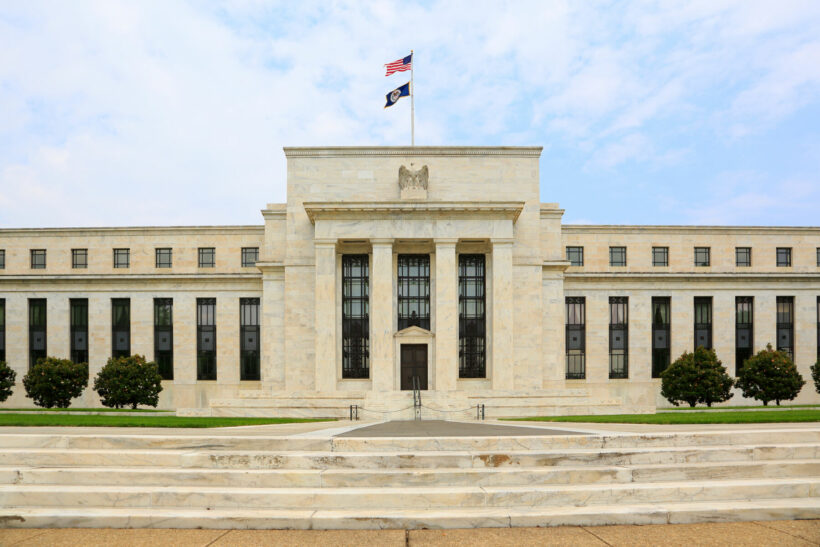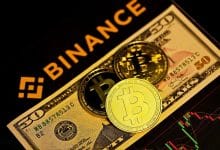US Federal Reserve hikes up interest rates again

The United States Federal Reserve approved yet another aggressive interest rate hike yesterday in their quest to combat persistent inflation which is at a 40-year high in America. It is the fourth consecutive 0.75% interest rate hike approved this year.
The central bank has raised the policy rate from near zero in March to what is now between 3.75-4%. It is the fastest monetary tightening in the US since the 1980s.
The hike intends to slash price increases but risks pushing the US into a recession and putting millions out of work at the same time.
The federal funds rate is the interest rate at which banks borrow and lend to one another overnight. By raising rates, the Fed makes taking out a loan more expensive, causing people to borrow and spend less, pumping the brakes on the economy and slowing down price increases for consumers.
Mortgage rates in America have hit a 16-year high, partially due to the Fed’s interest rate hikes. Credit card rates are also on the rise.
Despite interest rate hikes in the US negatively impacting the global economy, foreign trade is expected to benefit. The strength of the dollar accompanying the increase should boost US demand for products, increasing profit margins for domestic and foreign companies alike.
The Thai baht has depreciated to all-time lows against the US dollar, largely due to the Fed’s interest rate hikes. At the end of September, the baht plunged to 38 against the US dollar for the first time in 16 years. A month later, the baht plummeted even further to 38.35 against the dollar.
All currencies around the world are feeling the burn from America’s fight against inflation. The dollar’s strength is stressing financial markets globally.
Economists predict that the baht will fall further but shouldn’t breach its key resistance level of 38.50 to the dollar.
The US 10-year Treasury yield has risen over the 4% mark continuously, causing foreign investors of Thailand’s long-term bond yield to sell their bonds, depreciating the baht’s value.
The Fed says “no decision has been made” regarding future interest hike increases.
Not to worry, Thailand’s Finance Minister Arkhom Termpittayapaisith said a weaker baht is supportive of Thailand’s post-pandemic tourism recovery. Arkhom said the baht’s weakness is “surely” going to lure foreigners into the kingdom. He said, “Thailand is value for money.”
However, with all other global currencies feeling the wrath of the Fed’s hikes, it is only really American tourists in Thailand who will benefit from the weakened baht.
Latest Thailand News
Follow The Thaiger on Google News:


























